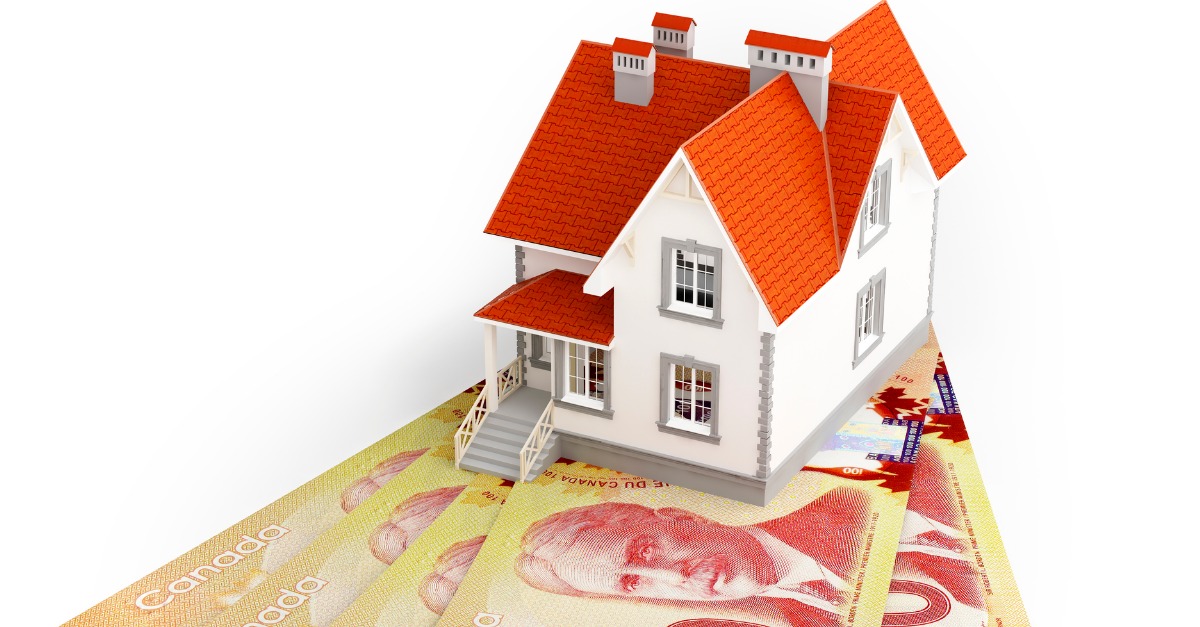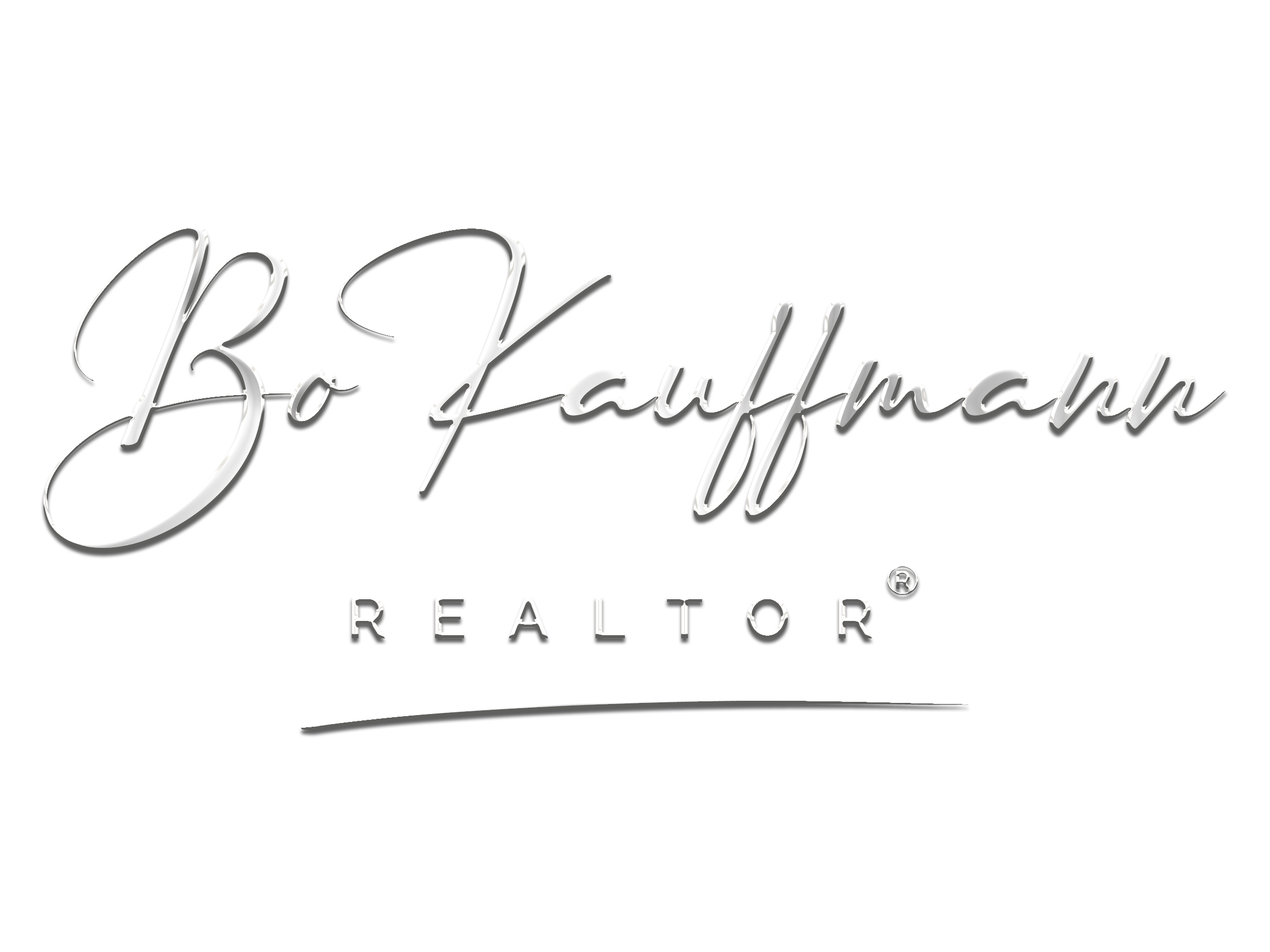
What You Need to Know About Escrow
While you might have heard the term in other contexts and could come across it for a variety of reasons, in real estate, understanding escrow is an important part of the buying process.
What is it?
There are two kinds of escrow when it comes to real estate. The first is when a neutral third party holds the money and documentation for the sale until all conditions have been met. This includes items such as down payments, deposits, property deeds and title checks.
The other kind is the escrow you have with your mortgage lender, where the part of the monthly payments you make that cover tax and insurance are held and stored throughout the year, and your lender uses the lump sum to pay it off at the end of the year.
Do I need it?
When it comes to buying or selling a property, having both parties put all payments and documents into escrow means both sides can be sure the transaction is secure. It removes the risk from any party, which is ideal when you’re making possibly the largest financial transaction of your life. It ensures no one involved can run away with the money or property before all conditions are met.
How does it work?
Once you’ve committed to buy a property, the process of opening an escrow account begins. You will make an initial deposit into the escrow account, which is usually a percentage of the down payment in order to show you are committed to buying. Once received, the buyer and seller create a written agreement of conditions that need to be met before the contents in the account can be released. Once all conditions have been met, the escrow agent will ensure everything is as it should be and release the money to the seller and the deed to the buyer.
